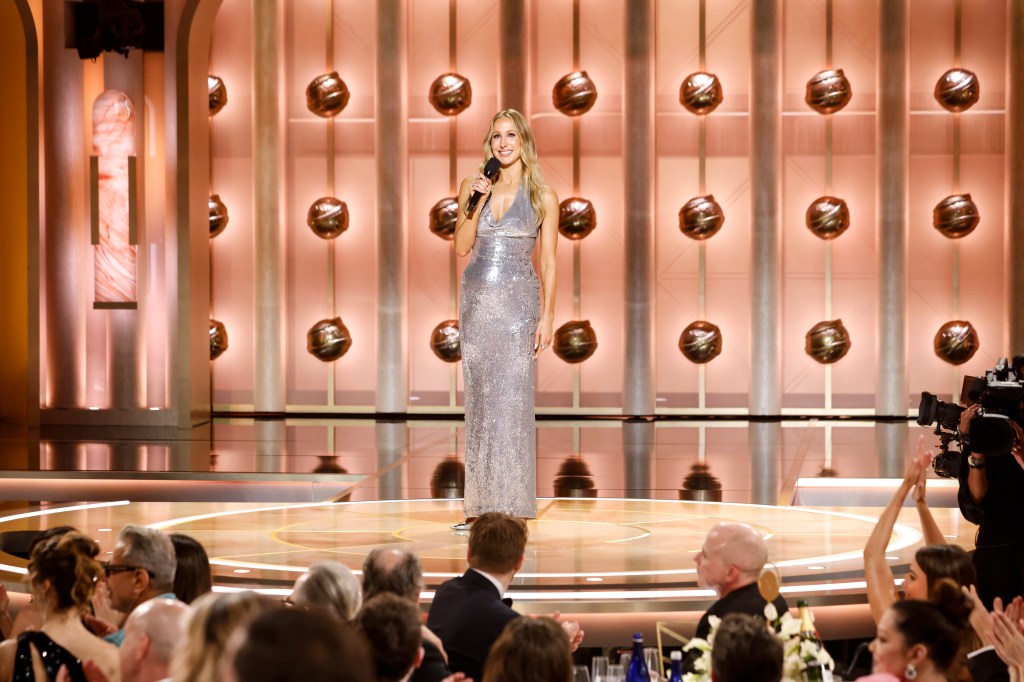The Turbulent Aftermath of the Golden Globes Sale
The Hollywood Foreign Press Association (HFPA), once a cornerstone of the entertainment industry, has found itself at the center of a legal and ethical storm following the sale of the Golden Globes in 2023. For decades, this group of international journalists based in Los Angeles was synonymous with the prestigious awards ceremony, but recent developments have cast doubt on its future.
In 2021, an exposé by the Los Angeles Times revealed serious concerns regarding the HFPA’s ethics, financial practices, and lack of diversity. This led to widespread criticism and the eventual loss of the HFPA’s lucrative TV broadcasting deal, which had been a primary source of revenue. In response, the organization sold the Golden Globes to Dick Clark Productions (DCP) and Eldridge, a holding company owned by Todd Boehly. The decision was approved by a majority of the HFPA’s approximately 90 members, marking a significant shift in the organization’s structure and operations.
Under the terms of the deal, the HFPA would be dissolved, and its members would transition into roles within a new for-profit entity overseeing the Golden Globes. Many members received salaries from the HFPA, totaling $5.2 million in the fiscal year ending June 2023. Helen Hoehne, former HFPA president, became the president of the newly established Golden Globes organization. Additionally, efforts were made to diversify the voting body by inviting hundreds of journalists worldwide to join as unpaid members.
Over the past two years, the number of former HFPA members, now referred to as “legacy voters,” has dwindled to about 60 due to expulsions, terminations, and deaths. These legacy voters have grown increasingly discontented, particularly after Hoehne announced that the Golden Globes organization would cease payments of $75,000 per year, citing concerns over perceived bias in voting. Legacy voters were offered severance packages and invited to reapply for membership.
On Monday, several former HFPA board members convened to reconstitute the HFPA, arguing that the 2023 deal was nullified by DCP and Eldridge’s decision to terminate their compensation and other unfulfilled assurances regarding travel allowances, seats at the ceremony, and lifetime voting privileges. They are urging California’s Attorney General Rob Bonta to intervene, claiming that the dissolution of the HFPA was not properly executed.
However, not all parties support these efforts. Jeff Harris and Dr. Joanna Dodd Massey, appointed to the HFPA board in 2021 to lead reform initiatives, resigned this week. Massey expressed her belief that the previous agreement to sell the Golden Globes was legally binding and necessary to preserve the event’s integrity. She criticized current attempts to reverse the deal, asserting they represent a breach of fiduciary duty.
The office of California’s Attorney General clarified that it only needs to approve the transfer of the HFPA’s charitable trust, now known as the Golden Globe Foundation, which constitutes 5% of the net profits from the Golden Globe Awards. The delay in approval stems from complaints filed by legacy voters, raising questions about the implications for both the HFPA and the Golden Globes.
As speculation swirls around potential resolutions, some suggest that a financial settlement could quell grievances and prevent further intervention from the Attorney General. Meanwhile, the next Golden Globes ceremony is set to air on CBS and stream on Paramount+ on January 11, 2026, leaving many to wonder what lies ahead for both the HFPA and the Golden Globes organization.
This ongoing saga underscores the complexities of navigating change in the face of public scrutiny and internal dissent, with the future of both entities hanging in the balance.







